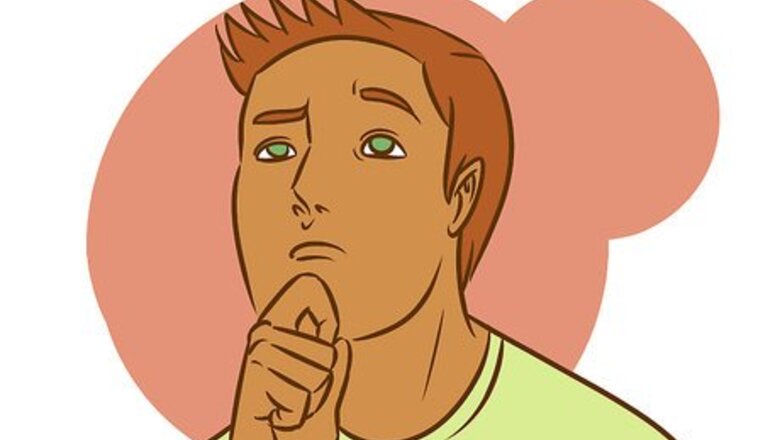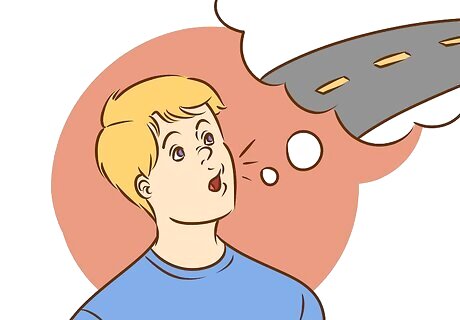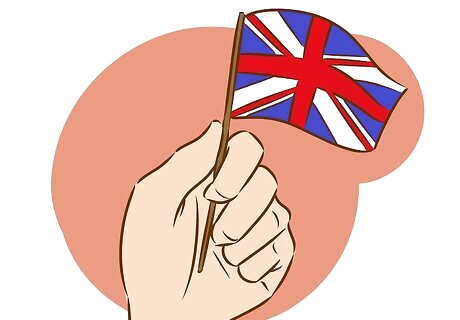
views
X
Research source
There are greatly differing accents across England, Scotland, Wales and Northern Ireland, and for a more regional or "authentic" accent, it's best to choose one particular area, and try to learn how to mimic that accent instead. Adopting British mannerisms while speaking will also help for authenticity. This study of RP is concerned largely with pronunciation, while study of the standard language is also concerned with matters such as correct grammar, more formal vocabulary and style.
Pronunciation

Observe that some words are pronounced as written. The word "herb" should be pronounced with an H sound. The word "been" is pronounced "bean", rather than "bin" or "ben". For RP, "Again" and "renaissance" are pronounced like "a gain" and "run nay seance", with the "ai" as in "pain", not "said." The words ending in "body" are pronounced as written, like "any body", not "any buddy." But use a British short O sound.

Observe that H is not always pronounced. The "H" is pronounced in the word "herb," in contrast erb. However, in many British accents, the H at the beginning of a word is often omitted, such as in many Northern accents and the Cockney accent.

Say "bean," not "bin" for the word been. In an American accent, this is often pronounced been. In an English accent, been is a common pronunciation, but "bin" is more often heard in casual speech where the word isn't particularly stressed.

Notice that two or more vowels together may prompt an extra syllable. For example, the word "road" would usually be pronounced rohd, but in Wales and with some people in Northern Ireland it might be pronounced ro.ord. Some speakers may even say "reh-uud."
Listening and copying

Listen to the "music" of the language. All accents and dialects have their own musicality. Pay attention to the tones and emphasis of British speakers. Sir Johnathan Ive is a good example, listen to his accent at Apple revealings. Do sentences generally end on a higher note, the same, or lower? How much variation is there in tone throughout a typical sentence? There is a huge variation between regions with tonality. British speech, especially RP, usually varies much less within a sentence than American English, and the general tendency is to go down slightly towards the end of a phrase. However, Liverpool and north-east England are notable exceptions! For example, instead of saying, "is he going to the STORE?" Say, "is he GOING to the store?" Have the question descending in tone as opposed to ascending in tone (going up in tone is more common in American or Australian English).

Get a British person to say well known sentences: "How now brown cow" and "The rain in Spain stays mainly on the plain" and pay close attention. Rounded mouth vowels in words such as "about" in London, are usually flattened in Northern Ireland.

Immerse yourself in the British culture; this means surround yourself with individuals that speak, live, walk and talk British English. It's the surest way to learn a British accent quickly. Soon, you'll find yourself naturally able to speak with the variations above. Anything with a British speaker will work—try listening to the BBC (which provides free radio and television newscasts on the web), songs with British singers, or movies with British characters.


















Comments
0 comment